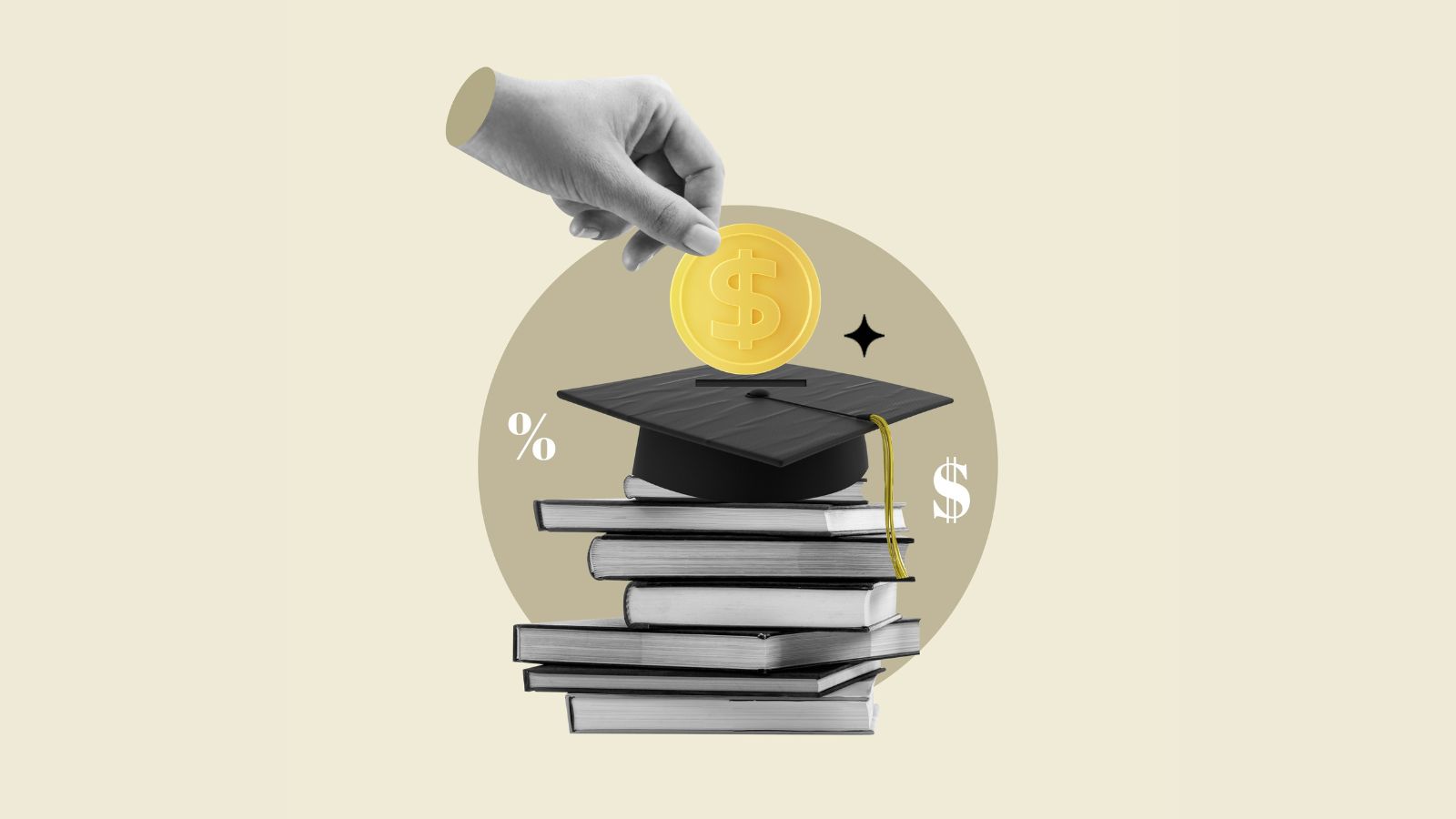In today’s fast-paced world, many people feel that financial freedom has become harder to reach than ever before. Despite advancements in technology and a globalized economy, there’s many factors that are contributing to a lack of financial independence. We take a look at 20 surprising reasons why financial freedom feels further away than ever for many of us:
Rising Cost of Living

The cost of essential goods and services, including housing, healthcare and education, has skyrocketed in recent decades. Wages have not kept pace with inflation, making it harder for people to save and invest. Even those with steady incomes find that their purchasing power is eroding year by year.
Student Loan Debt

Student loan debt has ballooned into a major financial burden for millions of people. With average student loan balances in the tens of thousands, many graduates struggle to pay off this debt, which delays saving for a house, retirement, or other financial goals.
Stagnant Wages

While the cost of living has increased, wages have stagnated for many workers. Even though productivity has risen, wage growth has remained sluggish, making it difficult for individuals to get ahead financially despite working hard.
Gig Economy Uncertainty

The rise of the gig economy, which includes temporary or freelance work such as delivery drivers or writers, provides flexibility, but also uncertainty. Many gig workers lack job security, health benefits, or retirement savings plans, making it harder to achieve long-term financial stability.
Housing Market Instability

Skyrocketing home prices and limited inventory in many markets have made homeownership an unattainable dream for many. Even renting has become more expensive, consuming a larger portion of incomes, especially in urban areas where job opportunities are concentrated.
Healthcare Costs

Healthcare expenses have been rising steadily and even with insurance, out-of-pocket costs for medical care can be overwhelming. One unexpected medical event can derail even the best-laid financial plans and plunge people into debt.
Increased Reliance on Credit

As the cost of living rises, many people are turning to credit to bridge the gap. Unfortunately, this reliance on credit cards or loans can quickly lead to high-interest debt, making it even harder to save and invest for the future.
Lack of Financial Education

Many people lack a basic understanding of personal finance, investing and money management. Without proper financial literacy, individuals may make poor decisions that hinder their ability to save, invest, or avoid debt traps.
Delayed Retirement Savings

Young adults, burdened with student loans and the high cost of living, are often unable to start saving for retirement early. The delay in starting retirement savings means they miss out on the power of compound interest, making it harder to build wealth over time.
Inflation

Inflation erodes the purchasing power of money over time. Even a modest inflation rate means that savings must grow faster than inflation to maintain value, which is a challenge for many households that struggle to save at all.
Unstable Job Market

While technology and automation create opportunities, they also contribute to job displacement. Many industries are evolving rapidly, leading to job insecurity and the need for workers to constantly adapt or retrain, making it harder to maintain consistent income.
Lifestyle Inflation

As people earn more, they often increase their spending, a phenomenon known as lifestyle inflation. Instead of saving or investing the extra income, individuals may feel pressure to keep up with peers or maintain a certain lifestyle, which can prevent them from achieving financial freedom.
Technological Disruption

While technology has brought efficiency, it has also disrupted traditional jobs and industries. Automation, artificial intelligence and the gig economy have displaced many workers, leaving them struggling to find stable employment or requiring constant upskilling.
Retirement Uncertainty

Pension plans, once a reliable source of income in retirement, are increasingly rare. Many individuals are now responsible for funding their own retirement through 401(k)s or IRAs, which can feel overwhelming given the uncertainty of market returns and the high cost of living.
Social Pressure and Consumerism

Social media has amplified consumerism, with influencers and advertising constantly showcasing luxury lifestyles. This pressure can lead people to spend beyond their means in an effort to keep up appearances, making it harder to prioritize savings and financial goals.
Underemployment

Many individuals are working jobs that do not fully utilize their skills or offer sufficient hours, which limits their earning potential. Underemployment, coupled with student loan debt, leaves many people feeling financially strained and unable to get ahead.
Climate Change and Natural Disasters

Climate change is not only an environmental issue but also an economic one. Natural disasters like hurricanes, wildfires and floods can destroy homes and businesses, leaving families with costly damages and financial setbacks that are hard to recover from.
Tax Burden

In some cases, high taxes can make it harder for individuals and small business owners to accumulate wealth. Taxes on income, property and even capital gains can eat into earnings and savings, limiting the ability to invest in long-term financial freedom.
Lack of Affordable Childcare

For many families, the high cost of childcare can be a major financial burden. Parents, particularly women, may be forced to reduce working hours or leave the workforce altogether due to the lack of affordable childcare options, which can delay career progression and income growth.
Mental and Emotional Stress

Financial stress is taking a toll on mental health, creating a vicious cycle. Constant worry about bills, debt, or job security can lead to anxiety or depression, which can, in turn, impact a person’s ability to make sound financial decisions, creating further setbacks.
18 Reasons Why People Are Leaving Florida in Masses

Exploring factors that impact the desirability of living in Florida, this list delves into various challenges shaping residents’ experiences. From environmental concerns like rising sea levels to economic factors such as fluctuating job markets, these issues collectively contribute to a nuanced understanding of the state’s appeal.
18 Reasons Why People Are Leaving Florida in Masses
